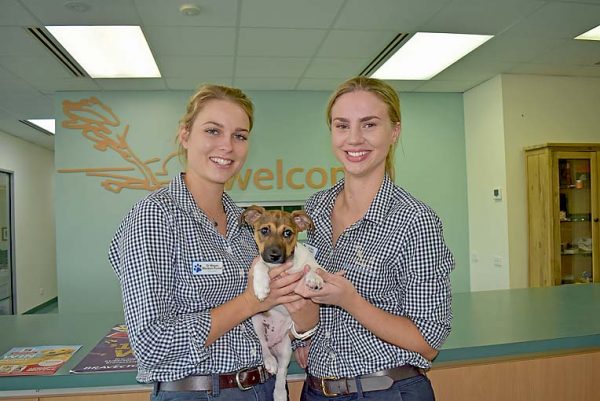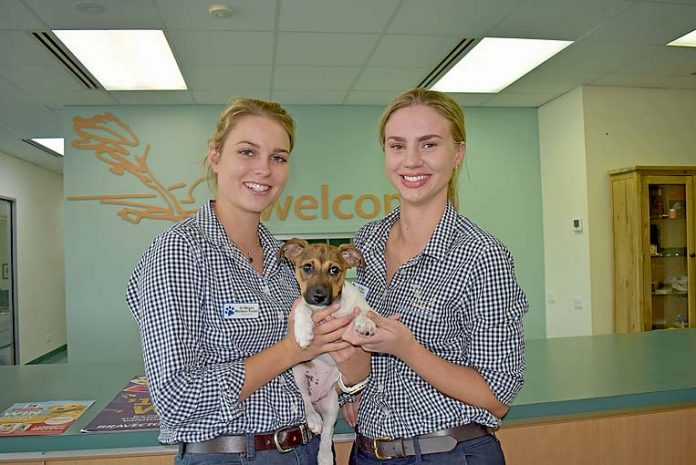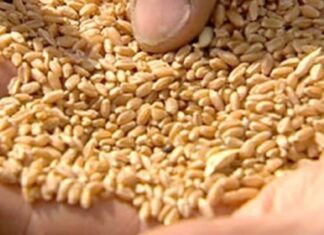
AN OUTBREAK of a potentially lethal dog virus has been confirmed in Millicent for the second time within the space of five months.
The canine parvovirus is highly contagious and has a high death rate.
Parvovirus can spread to dogs though contact with an infected dog’s faeces or vomit, or indirectly through contact with infected items such as water bowls and collars.
Symptoms include vomiting and bloody diarrhoea which can lead to dehydration and in extreme cases, death.
Although the Millicent Veterinary Clinic has treated a few dogs for the virus, it is understood it is currently more prevalent in other parts of the region.
The veterinarians have asked all owners to check the vaccination status of their dogs and ensure that all puppies have completed the course of initial vaccinations.
Clinic partner Dr Sarah McGrath said that the canine parvovirus can remain in the soil for a long time.
“We believe it has been spread by non-vaccinated dogs,” Dr McGrath said.
“They have been let off at parks and beaches.
“It has a high mortality rate and death can come quickly.
“It is a painful death through vomiting and diahorea.
“The canine parvovirus is unpleasant for both the owners and the dogs.”
Dr McGrath stressed the importance of vaccinations for dogs of all ages.
“It is important that vaccinations are up-to-date and the full course is undertaken.”
Among the Millicent Veterinary Clinic staff members who can assist are new graduates Dr Megan Maclean-Tuckett and Dr Peta Hardiment.
RSPCA South Australia spokesperson Carolyn Jones said the virus was so contagious, there have been cases where dogs have caught it after owners have moved into a house where a dog with the condition.
She said parvovirus was one of the most hideous conditions any animal can suffer.
“Anyone who has seen an animal die from parvovirus would understand how vital vaccination is,” she said.
“Some pet owners in these areas continue to ignore the need to vaccinate their dogs against this highly contagious virus and that then puts other dogs are risk.








